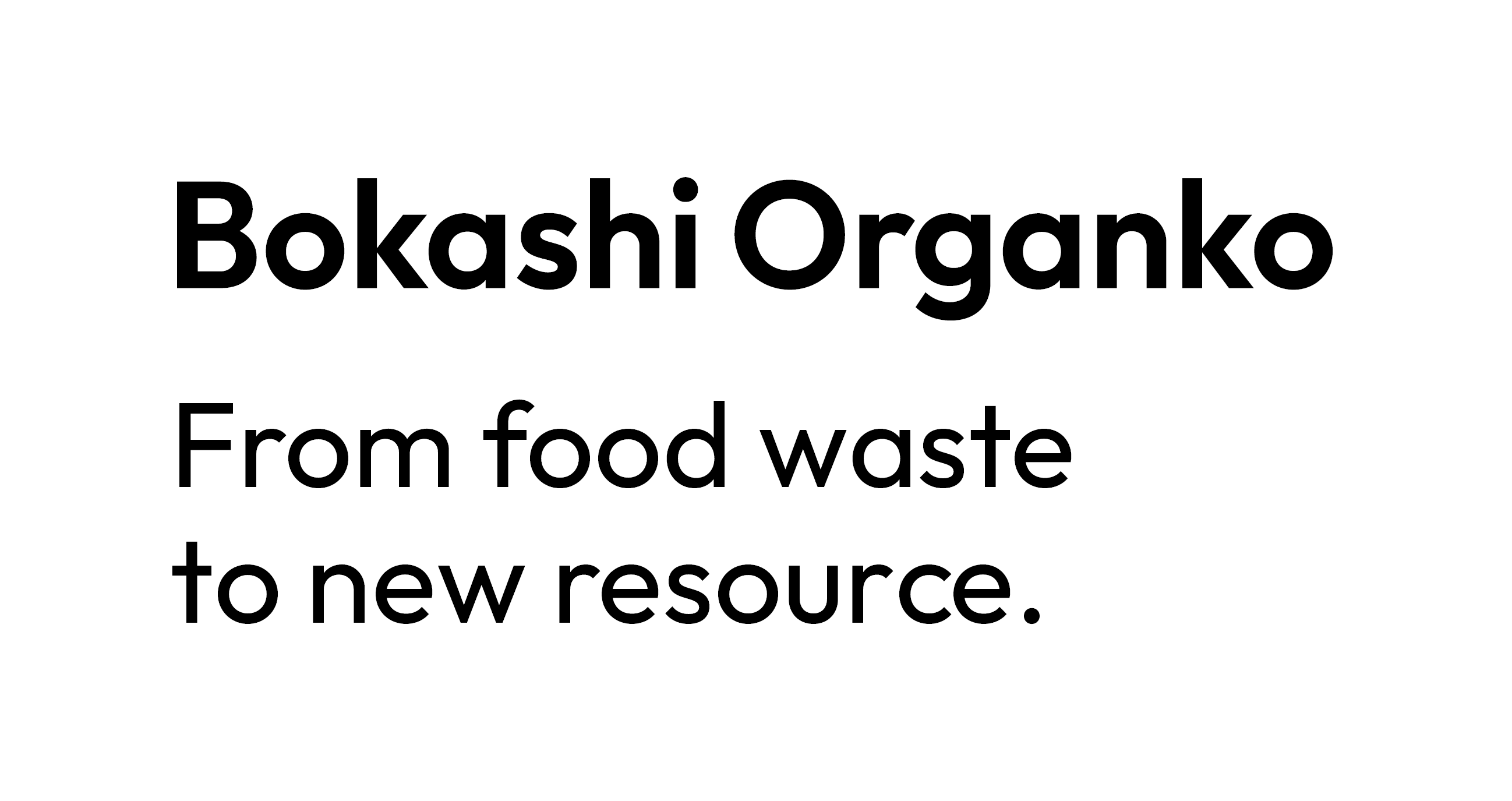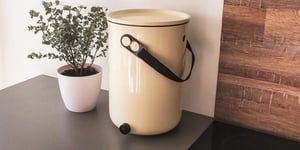The notion of a zero-waste lifestyle can seem very overwhelming. Making a move to zero-waste requires dedication and making numerous changes to your daily habits and lifestyle. However, you don't have to jump in with both feet straight away. Guest blog by: Ellen Klein from Sleep Junkie.
It's much easier to start with small changes and slowly build your way up to being completely zero-waste. It's also important to remember to be kind to yourself and realize that you are making a difference, no matter how small the change.
Starting slowly, with small changes, is part of living a zero-waste lifestyle. You should never just chuck out all of your disposable items and buy new ones that are reusable. That is, in fact, wasteful. It's more appropriate to use up your disposable items and replace them with more sustainable options once they're finished. That is being proactively zero-waste in your mindset.
Now, let's look at what small steps you can take almost immediately to get yourself on the right track:
Step 1: Bring Your Own
One of the biggest waste producers is the takeout market. Single-use plastic items like straws, water bottles, and grocery bags are actually quite easy to get out of your life. They also contribute massively to how wasteful most of us are in the real world. All you need to do is buy some sustainable options that you can reuse, and then you're good to go.
Every person trying to live a zero-waste lifestyle should have a stash of reusable items that live in their car, bag, or at work. These should include a travel mug for takeaway coffees and tea. A glass water bottle that you can refill throughout the day is a good one too. Then, think about having a set of cutlery with you that you can use when you buy lunch on the go. A reusable straw is excellent for your smoothies or juices when out at a restaurant or having one to go.
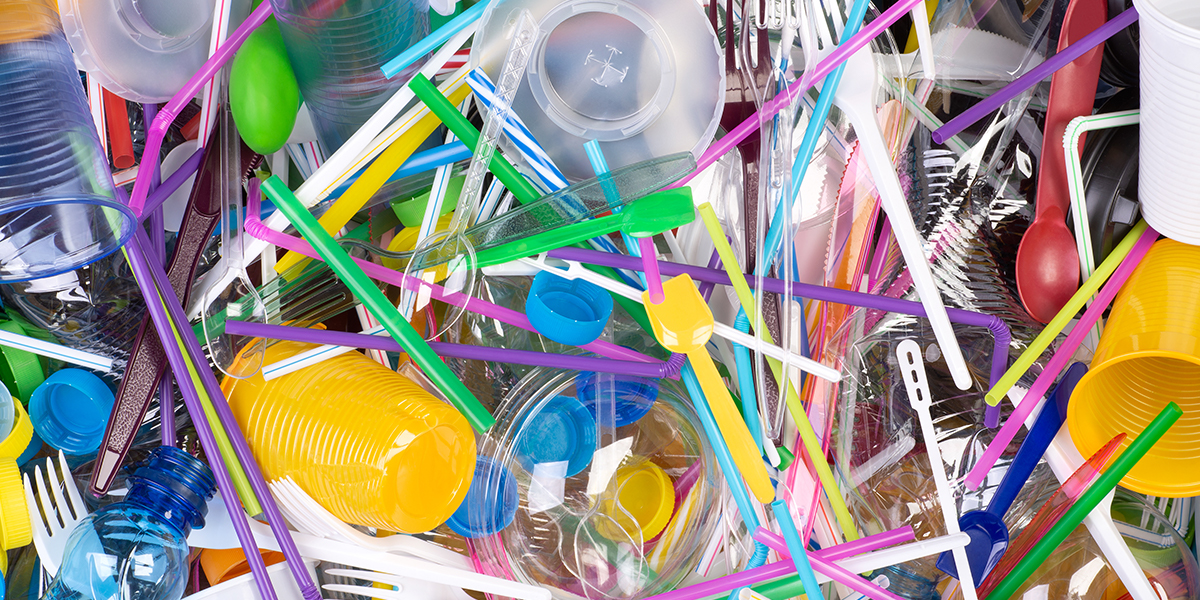 Step 2: Use Up Your Leftovers
Step 2: Use Up Your Leftovers
Waste isn't just in the form of single-use plastic. Food waste is a major issue because it feeds the fire of the consumerist world, and means that you are using more packaging than you need to. This is because you are throwing away food that is still packaged and buying more, rather than buying just what you need.
When planning your meals, take a long look at what you have in your fridge and in your pantry before hitting the shops. It may surprise you what you can make with a bit of ingenuity and imagination. In fact, you should try to put a pause on grocery shopping until your fridge is virtually empty.
Step 3: Get Composting
Composting is a great way to deal with the little bit of rubbish or waste that has to come out of your kitchen (once you've learned how to use up all your leftovers). It also doesn't have to be particularly complicated to set up.
There are simple indoor solutions like the Bokashi Organko composters that do a lot of the work for you. With the compost you make, you get great fertilizer for your garden, where you can grow your own vegetables and herbs—when you're ready for that step in your zero-waste journey. These composters are proof that food waste is not waste anymore, it's a resource for new life.
It's also good to remember that it isn't just food scraps from the kitchen that can go into your compost pile or bin. Although Bokashi Organko composters are for food scraps, you can occasionally add small quantities of tissue, paper towel, and cotton balls too.
Make sure that you start reading up on what can get composted. It's quite amazing what you don't need to throw in the trash.
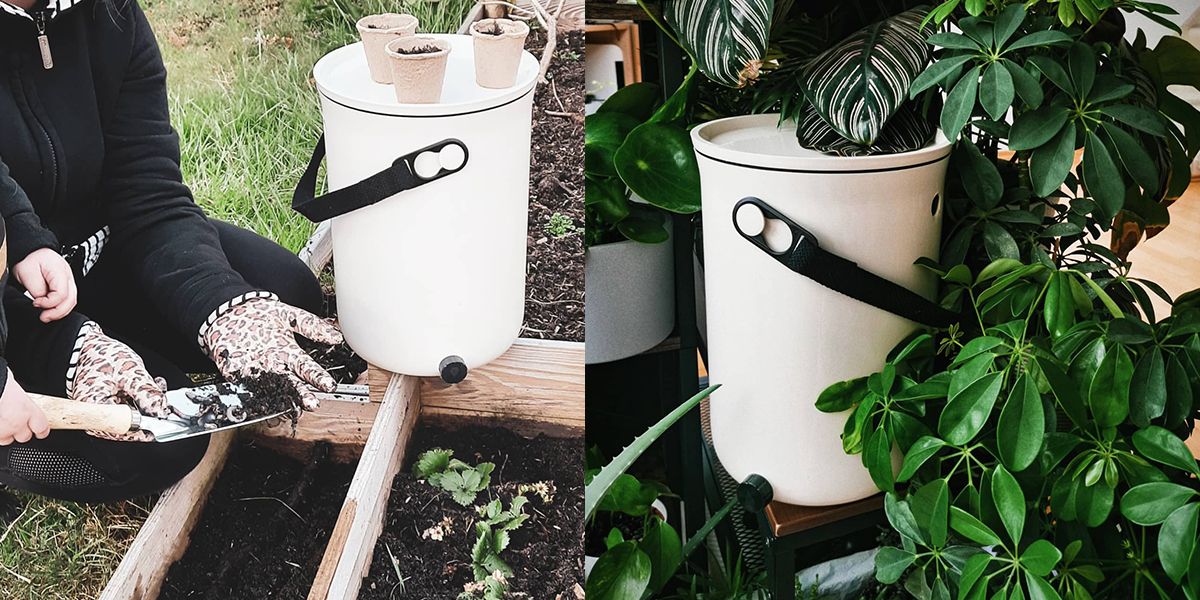 Step 4: Sort Your Rubbish
Step 4: Sort Your Rubbish
Speaking of throwing things in the trash, you should research more than just composting. We throw away a lot of things that are ideal for repurposing or use elsewhere. There are several options for waste that you can't avoid—recycling, upcycling, composting, biodegradable and eco-bricking should all be considered before you put things into the trash.
Before you mindlessly chuck anything in the bin, think about how else it could serve a purpose. You may find another way to use the item and then you can upcycle or repurpose it for a new life. Lots of things are now recyclable that never were before. This is because manufacturers have become more aware of their waste and have changed their packaging. Always investigate if you can recycle the packaging and where you should take it.
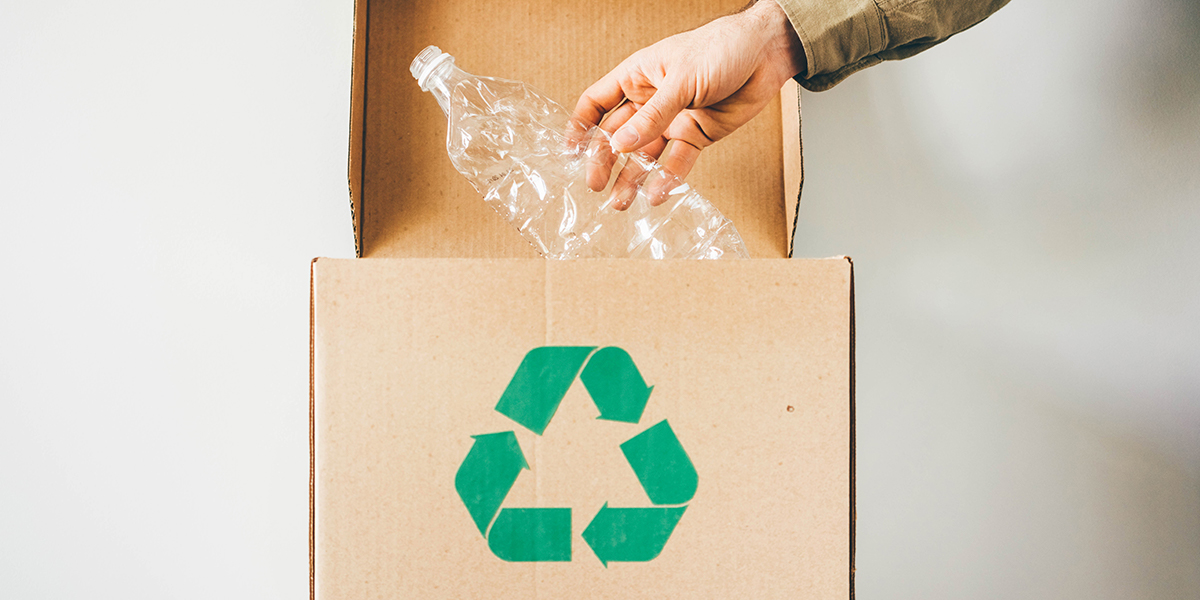 Some plastics and other items still aren't recyclable. However, they can be put to use by eco-bricking rather than throwing them away. This is a great way to reduce the amount of plastic you put into landfills.
Some plastics and other items still aren't recyclable. However, they can be put to use by eco-bricking rather than throwing them away. This is a great way to reduce the amount of plastic you put into landfills.
Just make sure that everything you put into your eco-brick is clean and doesn't contain anything that is biodegradable. It's also important to pack the eco-bricks correctly so that they're suitable for construction, insulation, or any other purpose.
Step 5: Always Read The Label
Going back to the comment about whether the packaging is recyclable, you should check the labels on everything you buy. It's a good habit to get into because it allows you to make informed decisions. This goes for everything you purchase—from your day-to-day groceries to buying a mattress for your bed.
This habit will make you consciously aware of what you are buying. This will help you automatically see which products are not conducive to a zero-waste lifestyle, and where you can easily make changes. Try not to bring anything home from the shops that you are going to throw out immediately.
You should also consider the chemicals in the cleaning products you're using. These are often wasteful and are definitely harmful to the environment. If you're aiming for an eco-friendly home, make your own vinegar-based household cleaners and put them into reusable spray bottles, rather than buying chemical-laden products.
Moving towards a zero-waste lifestyle is a bold step, and it's one that we should all be making. As you can see, living more sustainably isn't that tough when you start off small—and if we all make small changes, they add up to big differences.
Guest-blogging by: Ellen Klein (Sleep Junkie)

